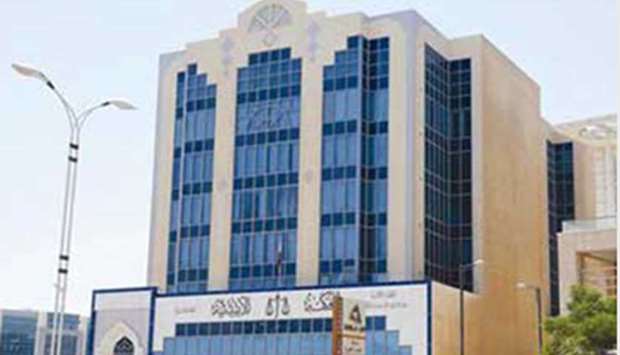The recently issued decision of HE the Head of the Court of First Instance to increase the number of court sessions, when implemented from August 16, will almost double these from 84 at present to 171 sessions a week, covering civilian, family, misdemeanour and criminal cases.
A number of Qatari lawyers told local Arabic daily 'Arrayah' that they had anticipated such a decision in order to go ahead with pending cases that had been delayed due to the preventive and precautionary measures taken to curb the spread of Covid-19 since mid-March.
They point out that increasing the number of sessions at the court will help speed up the litigation process. This is because the decision envisages increasing the frequency of sessions of the civilian court to thrice a week from once a week at present. As for urgent cases, they will continue to be heard over three sessions a week as is the case now, while the family court will also be in session three times a week and the criminal courts twice a week.
The lawyers stressed that all the involved parties should continue to strictly abide by the preventive and precautionary measure in place.
Lawyer Mohsin Dawud al-Hadad described the decision as an excellent one, which lawyers had been awaiting anxiously so that they could make up for the lost time and expedite the litigation process. He said increasing the number of court sessions certainly meant that more cases would be heard by the courts, which in turn would be good for litigators and help resolve their issues that had been kept on hold due to the Covid-19 situation.
Nihar Rashid al-Nuaimi, another lawyer, points out that the Supreme Judiciary Council has adopted a number of procedures that ease litigation processes for the involved parties, such as submitting cases and requests on the e-portal for courts in addition to having a dedicated email and phone number to receive enquiries and requests.
Lawyer Hamad al-Yafei says as this period is usually considered the summer break for courts, the increased number of sessions will help make up for the delay caused in some cases due to the restrictions since mid-March. This will reflect positively on balancing the number of cases to be heard in the new judicial season that is set to start in October.
They point out that increasing the number of sessions at the court will help speed up the litigation process. This is because the decision envisages increasing the frequency of sessions of the civilian court to thrice a week from once a week at present. As for urgent cases, they will continue to be heard over three sessions a week as is the case now, while the family court will also be in session three times a week and the criminal courts twice a week.
The lawyers stressed that all the involved parties should continue to strictly abide by the preventive and precautionary measure in place.
Lawyer Mohsin Dawud al-Hadad described the decision as an excellent one, which lawyers had been awaiting anxiously so that they could make up for the lost time and expedite the litigation process. He said increasing the number of court sessions certainly meant that more cases would be heard by the courts, which in turn would be good for litigators and help resolve their issues that had been kept on hold due to the Covid-19 situation.
Nihar Rashid al-Nuaimi, another lawyer, points out that the Supreme Judiciary Council has adopted a number of procedures that ease litigation processes for the involved parties, such as submitting cases and requests on the e-portal for courts in addition to having a dedicated email and phone number to receive enquiries and requests.
Lawyer Hamad al-Yafei says as this period is usually considered the summer break for courts, the increased number of sessions will help make up for the delay caused in some cases due to the restrictions since mid-March. This will reflect positively on balancing the number of cases to be heard in the new judicial season that is set to start in October.

